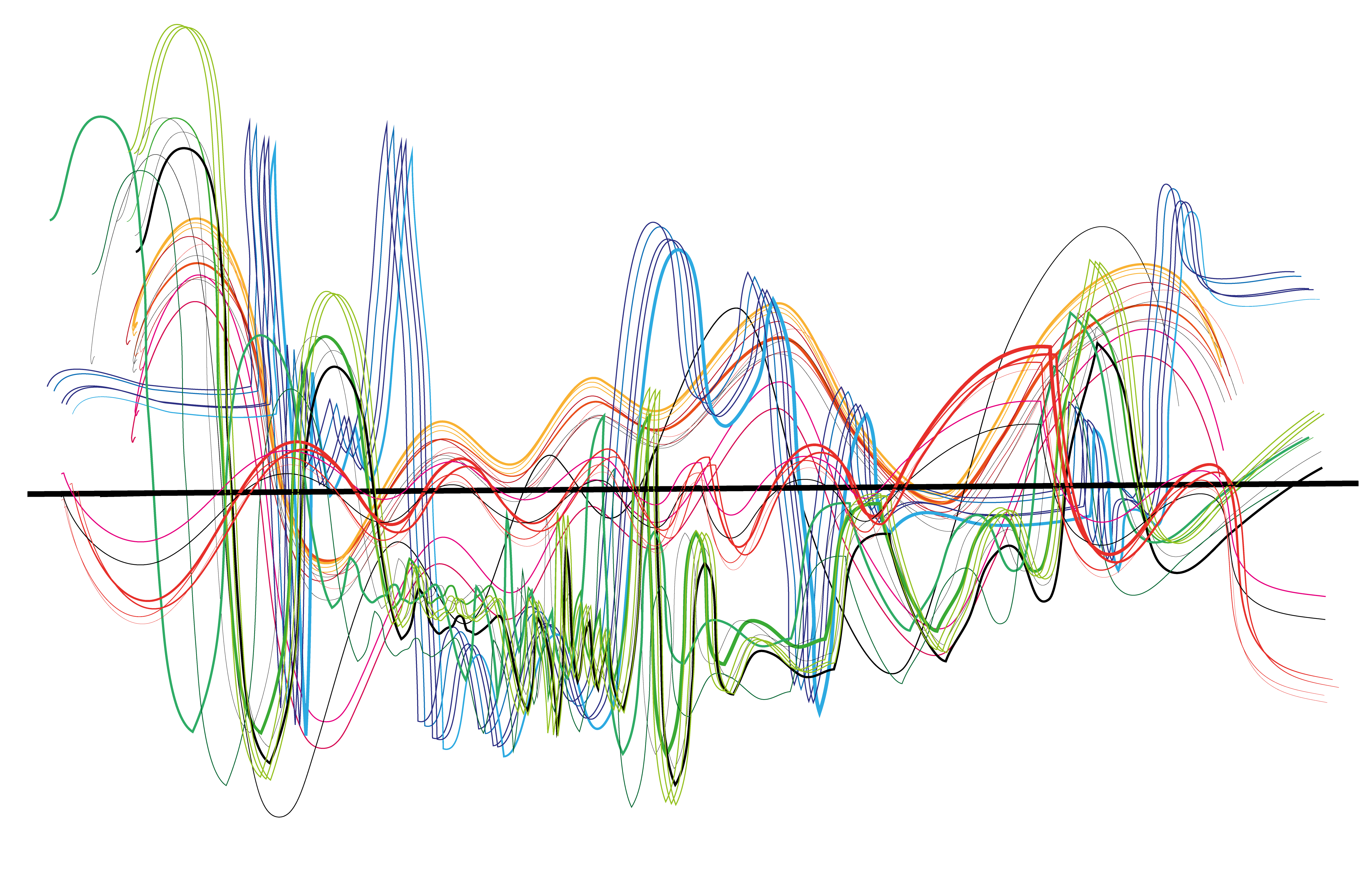A new app seeks to help with mental illness by studying the body’s reaction to music
It’s no secret that high-profile pharmaceutical companies such as Pfizer make millions of dollars by selling medicine all over North America, but small steps are being made to lessen the general population’s dependence on drugs.

In late August, a new wave of natural alternatives to medication hit the shores of our province. Pierre Lavoie, the founder of Défi Pierre Lavoie, initiated along with the Quebec Federation of General Practitioners, a prescription pad with ‘exercise cubes.’ These exercise cubes, a concept that can be seen on Lavoie’s personal website, ask for the patient to work out for periods of 15 minutes every day. Working out has now gained legitimacy and isn’t just an “end-of-appointment” doctor’s advice anymore. Patients can now be instructed by their doctor to lace up their shoes or pump some iron.
South of the border, critical thinkers also want to help patients with everyday activities. While Lavoie wants to cure the body, PureTech’s target is on the brain. The Boston-based start-up company has felt the runner’s pulse and has created a next generation app, hoping to revolutionize music’s impact on the public by helping people suffering from health problems. Creators Marko Ahtisaari and Ketki Karana wrote in the project’s blog that they believe their venture could benefit people afflicted by anxiety or Parkinson’s disease, for example. Advised by music genius Robert Zattore, a McGill University researcher in neuroscience who studies “specifically speech and music,” as indicated in his McGill bio, PureTech has created The Sync Project.
PureTech studies ideas from outside the realm of mainstream medicine and chooses “the most scientifically and commercially promising concepts to advance,” the company’s website states. The Sync Project is one of the most encouraging works yet, being one of only three PureTech projects reaching the Beta status, according to their innovations’ “overview.” It was officially launched at this year’s South By Southwest festival in Austin, Texas.
Music, as we all know, is deeply related to people’s mood and activities. If a person goes out for a run, he or she will naturally opt for a motivating tune, or during a time of grievance, seek a sorrowful song. On their website, the organization humbly acknowledged that they “are at the beginning of [their] journey [and that they] don’t have all the answers.”
This is why it has gathered professionals from different fields such as musicians, engineers and neuroscientists. The first step was to set-up an app in order to collect data to analyse the effects that sounds have on people. At the moment, the app is only available for scientists and researchers. Along with the application, one must then use a tracker, like a watch monitoring heart rate or the energy spent, along with a music app. When combined, the app is able to follow your body’s activity and what music is playing. It can then come up with a scheme of how music is influencing you by using biometrics.
In the long run, the founders hope to be able to recommend songs to listeners as their day goes on, nourishing their ears with the proper chorus to concentrate or help them have a better sleep with a relaxing ballad.
There’s a widespread sense of optimism for the The Sync Project. Jessica Grahn, a cognitive neuroscientist who studied music’s influence on Parkinson’s disease at Western University in London, Ontario, has supported the project. She told The Atlantic that she doesn’t “think it’s a sort of cure-all or replacement for a lot of things, but [that it] certainly … has potential.” Grahn is another adviser for PureTech’s new baby. From scholars to music pundits, the enterprise’s lineup has a lot of expertise. Speaking to the same American magazine, Robert Zattore added that many “research groups” he spoke to were “enthusiastic” about The Sync Project, meaning the word has been spread.
As I was writing this piece, I enlightened my brain with Yann Tiersen’s masterpiece soundtrack for the french movie, Amélie. It kept me wide awake while writing and soothed me when I was thinking. I felt I had selected the right music. Then, an afterthought: would my article have been better if I had listened to something else? I didn’t have much time to reflect—I fell asleep.




